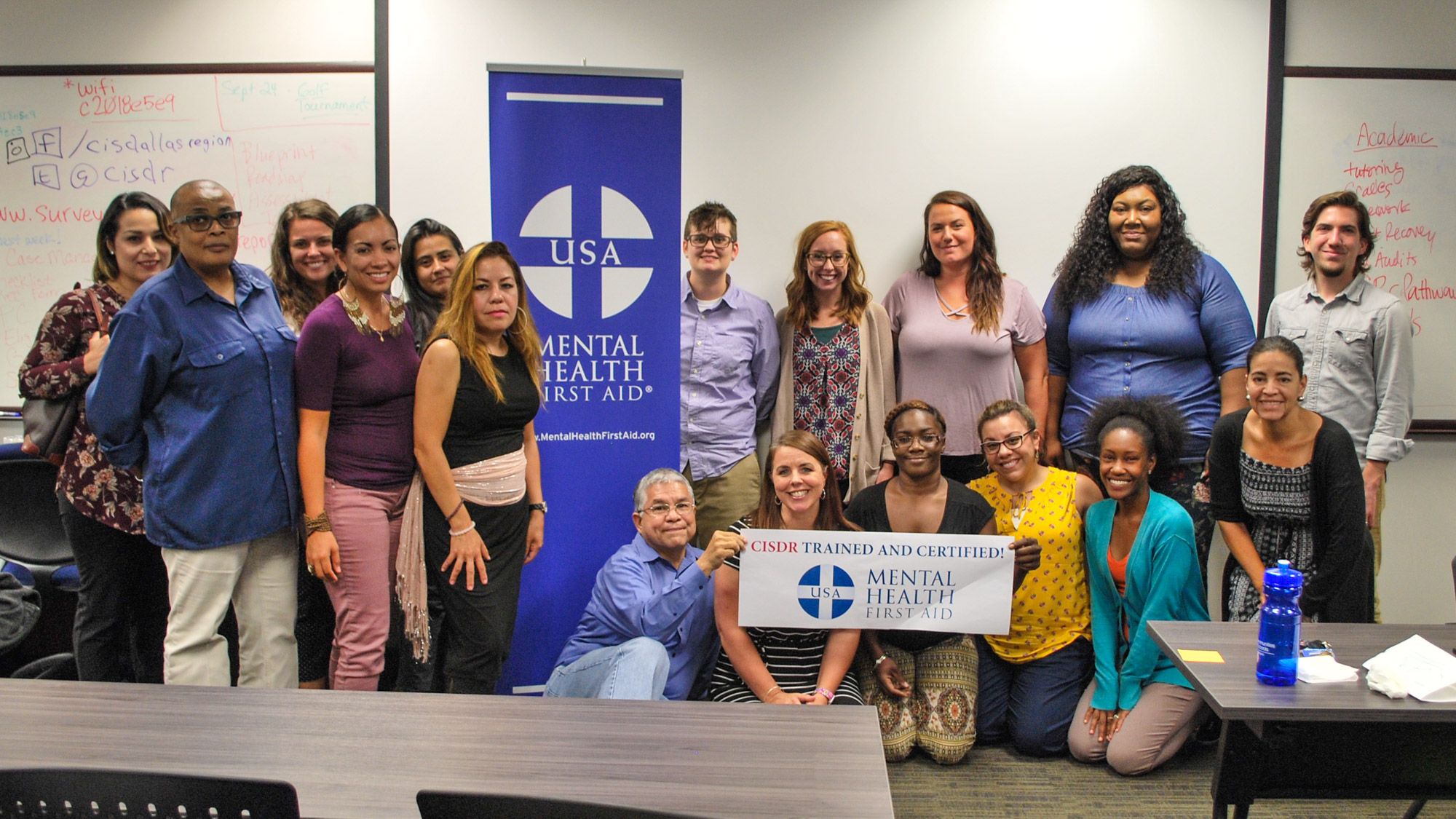Carol Lynn Thomas Hall knew William Rayford had spent time in prison for killing his estranged wife but defended her own relationship with him, telling relatives she believed it was her Christian duty to give the parolee a second chance.
The Dallas woman who ran Sunday school at her church became Rayford's second murder victim in an attack eerily similar to his first killing.
Rayford, 64, was set to die Tuesday for Hall's 1999 slaying. He'd be the nation's second inmate executed this year, both in Texas. Another is set for Thursday in Texas.
Attorneys for Rayford were trying to halt his execution, arguing to the U.S. Supreme Court his death sentence was tainted because his lawyer, while questioning a prison expert during the punishment phase of Rayford's trial in 2000, was deficient for introducing the subject of race and whether race is a factor in prison violence.
The witness also was wrong in testifying the racial makeup of a prison "is linked to the amount of violence within that unit, and by obvious implication, that people like Mr. Rayford -- a black man -- are the cause of the violence," Nadia Wood, a Dallas-based federal public defender, told the high court.
Lawyers also argued in an appeal to a federal judge in Dallas that a federal court earlier improperly denied money for his appeals, that Hall's slaying may not have qualified for a capital murder charge and that Rayford suffered brain damage from lead poisoning because he grew up near a toxic site and carries lead residue from old gunshot wounds.
Prosecutors said arguments about race in the appeal mischaracterized the trial testimony, drew conclusions not supported in the trial record and did not encourage jurors to consider Rayford's race when considering his punishment.
Local
The latest news from around North Texas.
Evidence "more than established" Rayford kidnapped Hall while trying to kill her, supporting the capital murder charge, and arguments about lead poisoning were based on a "vague, general and nebulous conclusion" by a defense expert, Jay Clendenin, an assistant Texas attorney general, said in a court filing.
Evidence showed Hall, who knew Rayford since they both grew up in a Dallas housing project, had broken up with him two months earlier. He entered her home in the Oak Cliff area of south Dallas Nov. 16, 1999, using a key she didn't know he had. Their subsequent argument turned violent. Her son, Benjamin, then 11, was hit on the head and suffered a punctured lung from the stab wound.
Benjamin testified at Rayford's trial how his mother had run from the home with Rayford in pursuit, how Rayford stabbed him in the back while he tried to protect his mom and how he watched as she was carried by Rayford toward the drainage pipe where her body eventually was found.
Benjamin said he was able to find a neighbor.
"I asked her, `could I please go to her house because a man stabbed me,"' he told jurors. "I couldn't hardly breathe."
Evidence showed Hall, 44, was beaten, stabbed repeatedly and strangled. Her body was found 300 feet inside the drainage pipe behind her home.
Police responding to a call about the attack arrested Rayford at the scene. His clothing and face was splattered with Hall's blood. He told an officer Hall could be found "in the hole ... up in the sewer, in the water."
Rayford in 1986 was convicted of murder for fatally stabbing his estranged wife, Gail Rayford, in front of their four children. She'd obtained a court order four days earlier to keep him away.
Rayford was sentenced to 23 years in prison for her slaying but was released after eight years under a then Texas law that allowed release of some prisoners as the state struggled with prison crowding. He'd been on parole for five years when Hall was killed.
On Thursday, John David Battaglia, 62, of Dallas, is set to die for the May 2001 shooting deaths of his 6- and 9-year-old daughters.



